A LITTLE HISTORY OF PORTUGAL
Portugal is an Atlantic nation. Its mainland, including the Algarve, and its islands of Madeira and the Açores are all situated in the Atlantic Ocean. The country’s defined borders have not changed since 1139 making Portugal the oldest country in Europe. In 1139 Afonso Henriques was crowned the first King of Portugal and the country remained a Kingdom until 1910.
Portugal’s most famous people begin perhaps with the adventurous Vasco Da Gama, an explorer during the Discoveries, whose first voyage in 1497 connected Europe with Asia. By mid-16th Century half of the “New World” belonged to Portugal. More recent ambassadors for the nation include the inimitable coach José Mourinho and the talented footballer Cristiano Ronaldo and António Guterres, ex Prime minister and the Secretary General of the United Nations since 2017.
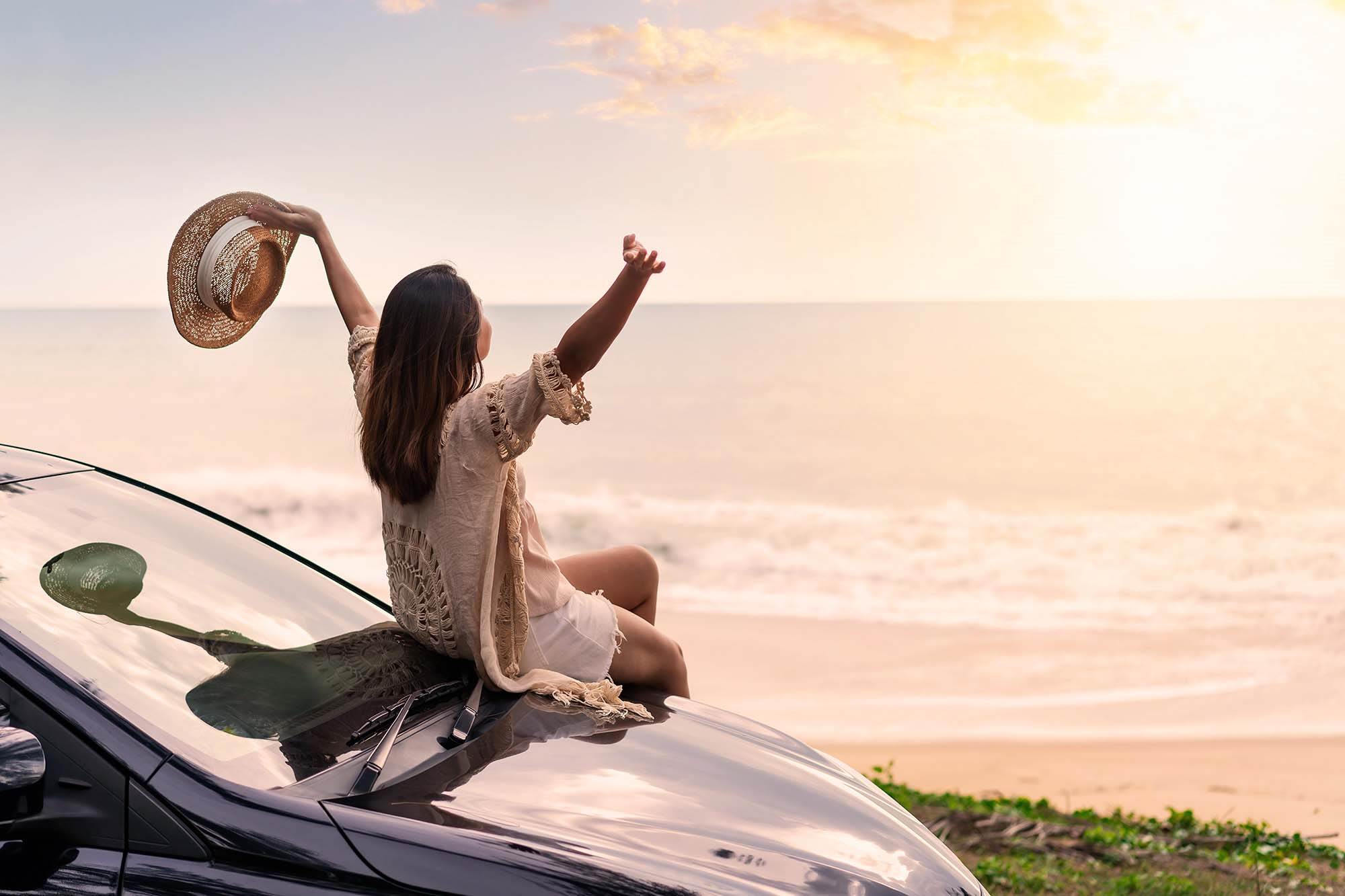
Portuguese is one of the five Romance (Latin) languages, developed over 2,000 years ago, with 260 million speakers and the official language of ten countries, including Brazil, Mozambique, Macau and Goa.
Many Portuguese towns have a street or square called 25th April, which remains an emotional and significant date to many Portuguese. Between 1933 and 1974, the country was under the Dictatorship of António Salazar. On the 25th of April 1974, there was a “bloodless coup”, and finally, the regime that had suppressed generations was overturned.
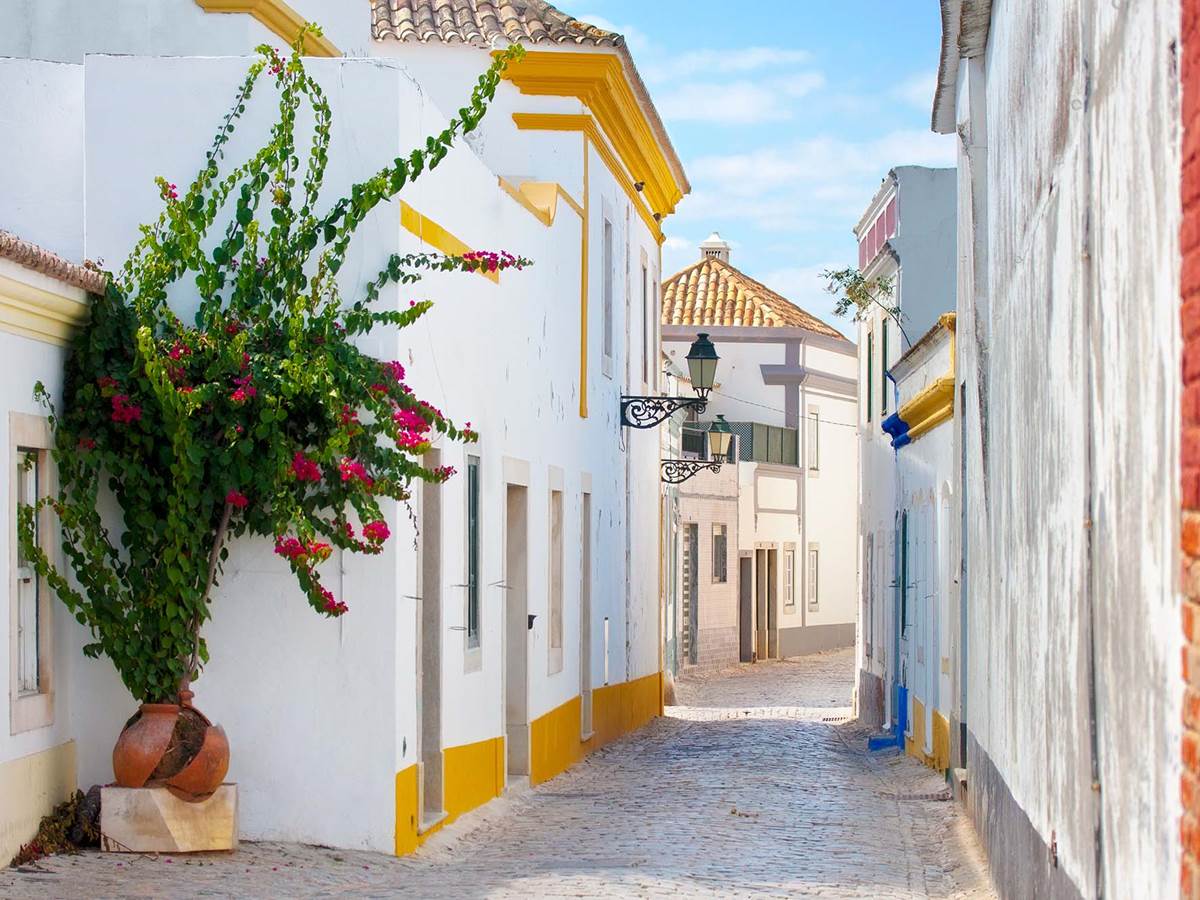
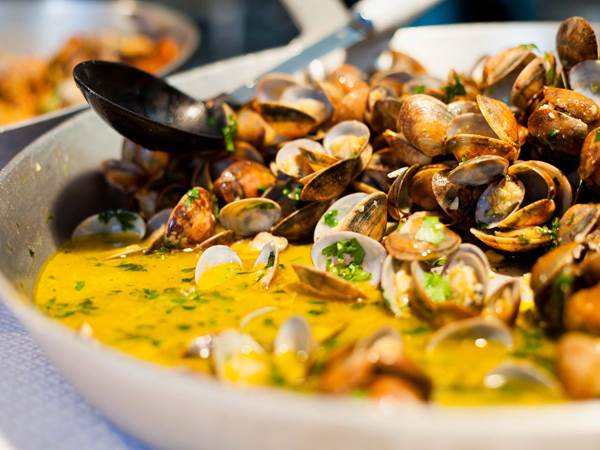
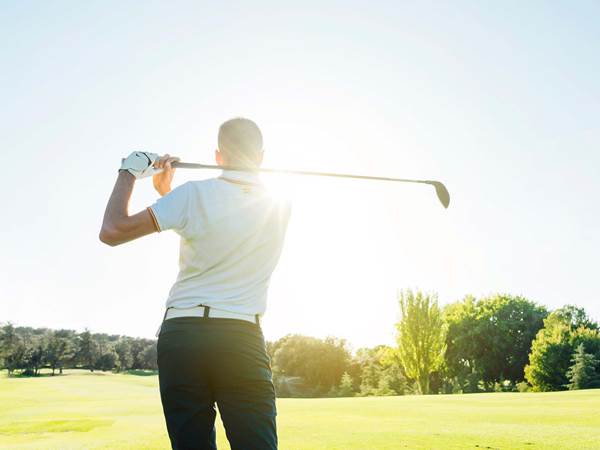
THE ORIGINS OF THE ALGARVE
The Moors invaded the Iberian peninsular in 711 and occupied a large part of Portugal for centuries. In 1147 the Kingdom finally freed Lisbon but it would take another 100 years before the Algarve would also be rid of Muslim rule.
The name “Algarve” comes from the Arabic “Al Gharb” which means “the west”. Until Portugal became a Republic in 1910, it called itself “The Kingdom of Portugal and the Algarve”. Separated not only in name but also by a series of unyielding mountain ranges and no proper road, the region continues to this day to have a sense of independence and autonomy from the rest of the country and holds dear its ancient traditions and way of living.
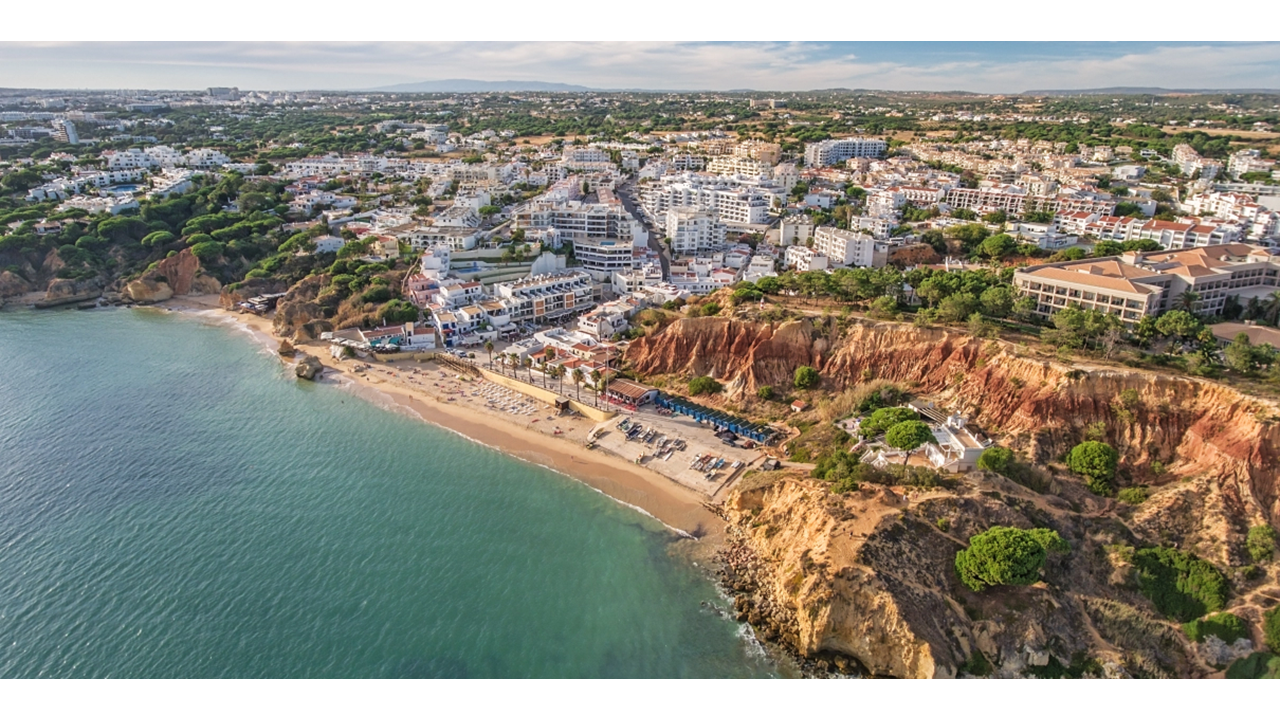
-
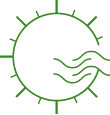
Climate & Beaches
The Algarve has contrasting beaches and weather. The West’s stronger winds complement the endless rocky coves inviting excellent surf. The central region enjoys a clement micro-climate and fabulous beaches like red-cliffed Falésia and natural Salgados. The East has relaxing sand bar beaches and is less windy and generally 2-3 Celsius warmer.
-

Everything within reach
The Algarve has something for everyone. The varied beaches can be enjoyed year-round for sunbathing or simply strolling. The mountains provide a tranquil, rural escape. There is excellent infrastructure and modern healthcare. There are all sorts of leisure activities to enjoy including golf, water sports, recreational and water parks and traditional cultural events.
-
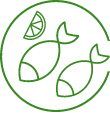
Exceptional local and international cuisine
From their wonderful pastry and cake selection to their delicious, freshly made soups, the Portuguese really appreciate their food. The Algarvians enjoy their grilled meat and fish. Famous in the Algarve, from where the recipe originated, is Chicken Piri Piri - chicken grilled in a special, spicy oil. Other well-loved dishes are Arroz de Marisco (seafood rice), Cataplana (a stew combining fish, seafood and meat) and Arroz de Pato (rice with duck).
-

Buying and selling properties in Portugal
From experience, buying and selling property in the Algarve is not dissimilar to the UK and other northern European markets, and actually the Portuguese systems operate in an “all connected” environment, so once your home is registered to you, you absolutely know it’s yours!
THE DIFFERENT ALGARVE REGIONS
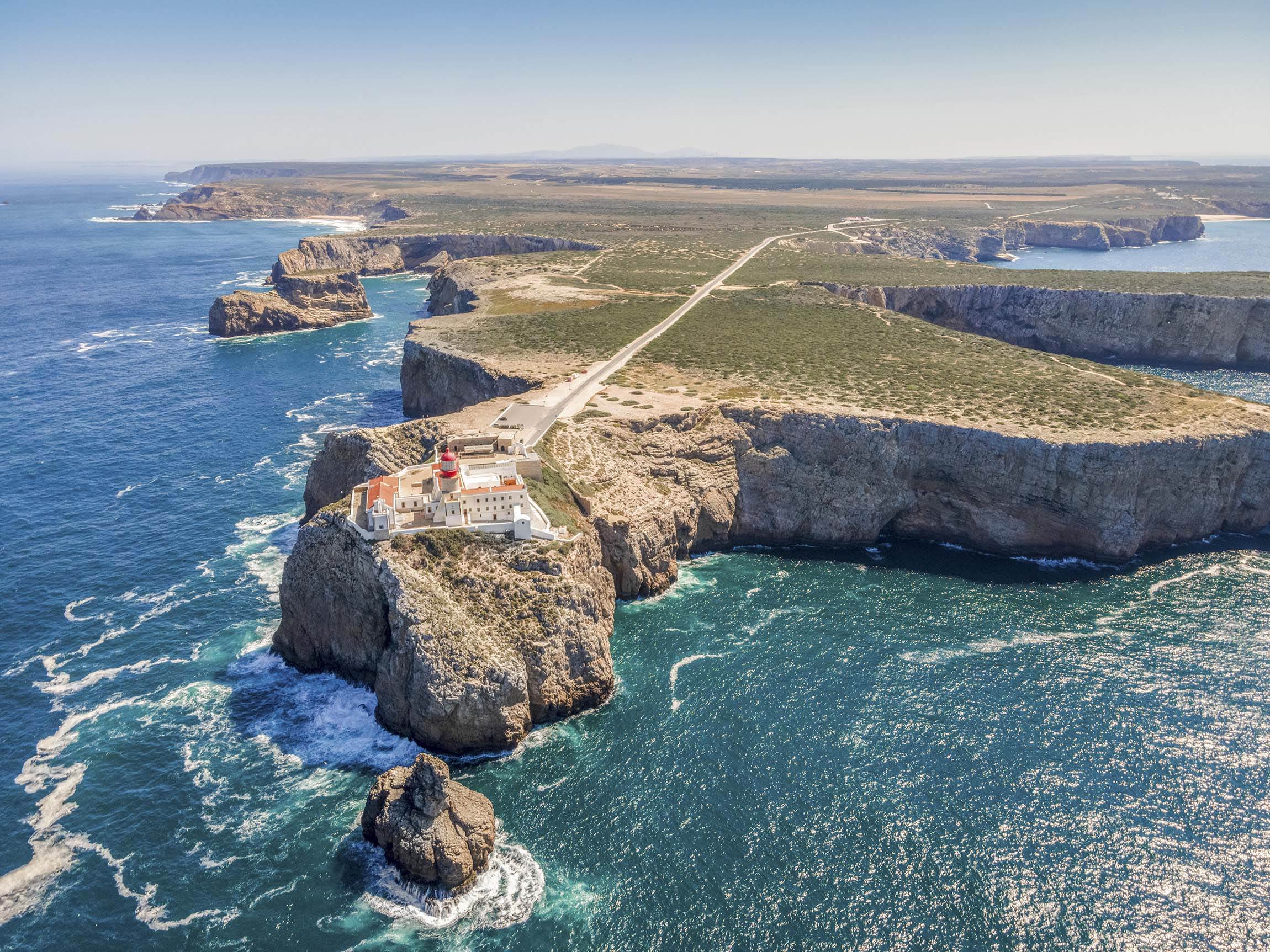
WESTERN ALGARVE
EXPLORE
CENTRAL ALGARVE
EXPLORE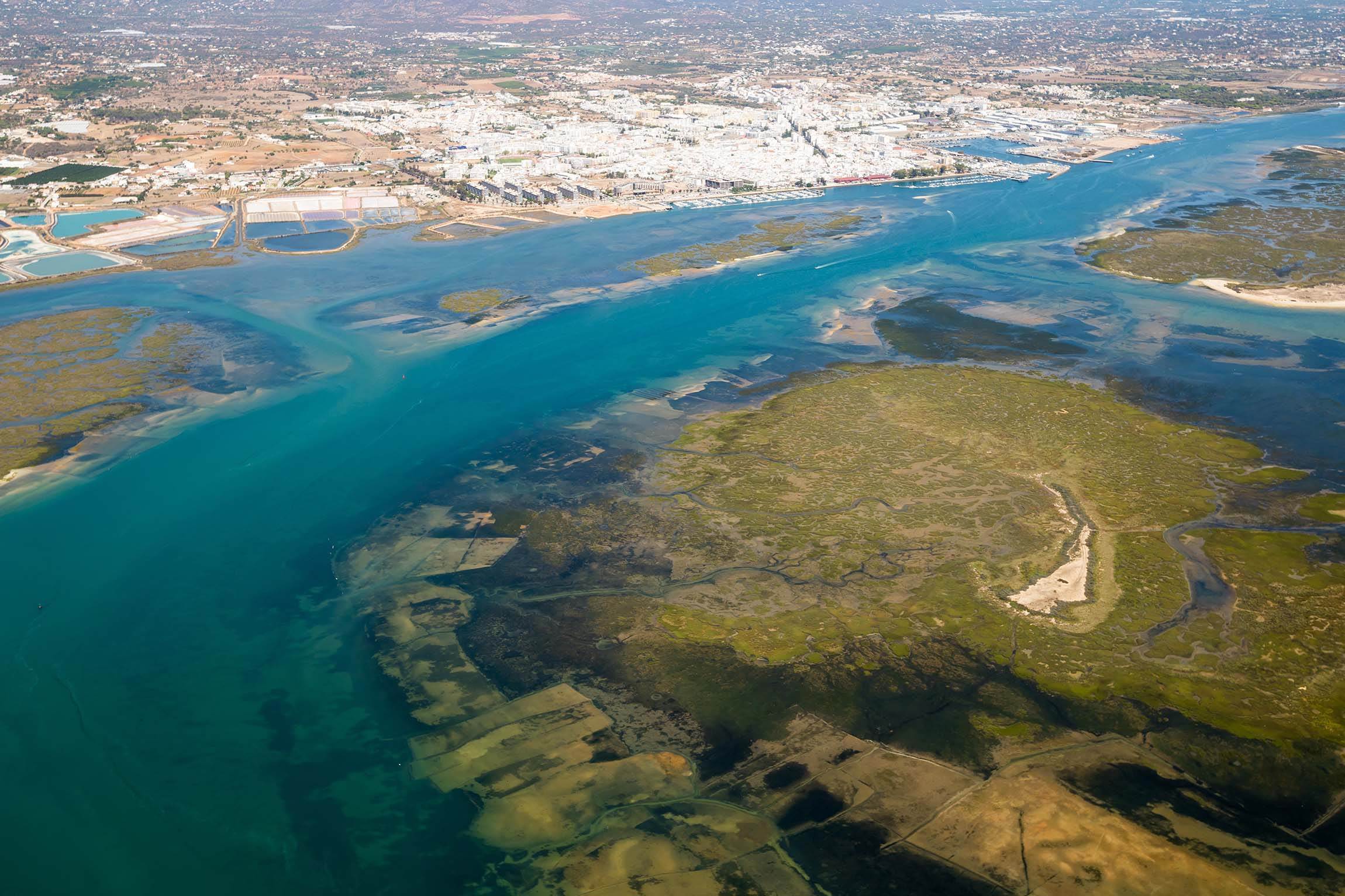
EASTERN ALGARVE
EXPLOREHow may we help you?
We will be happy to receive your enquiry and contacts, so that our experienced and friendly staff can assist you.

